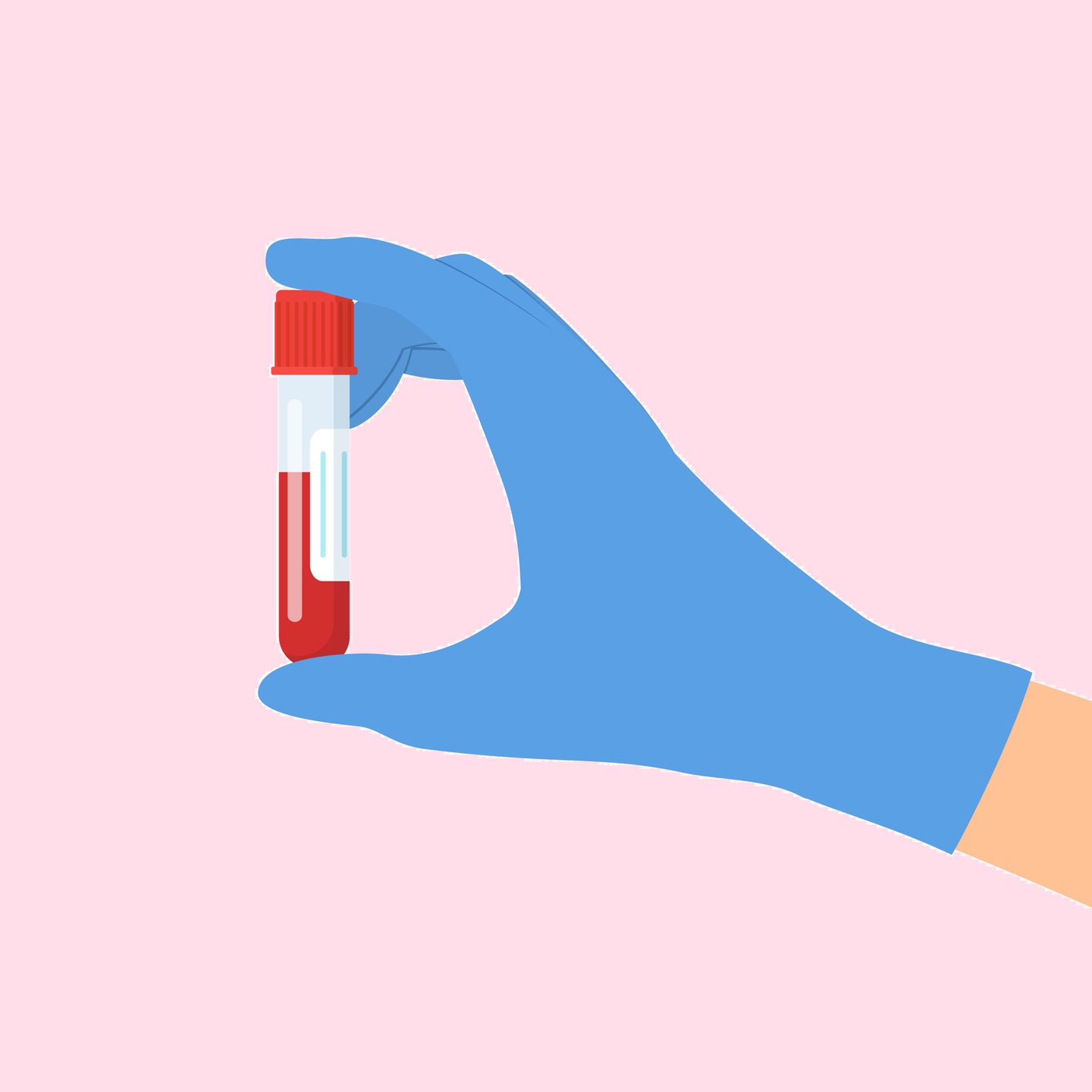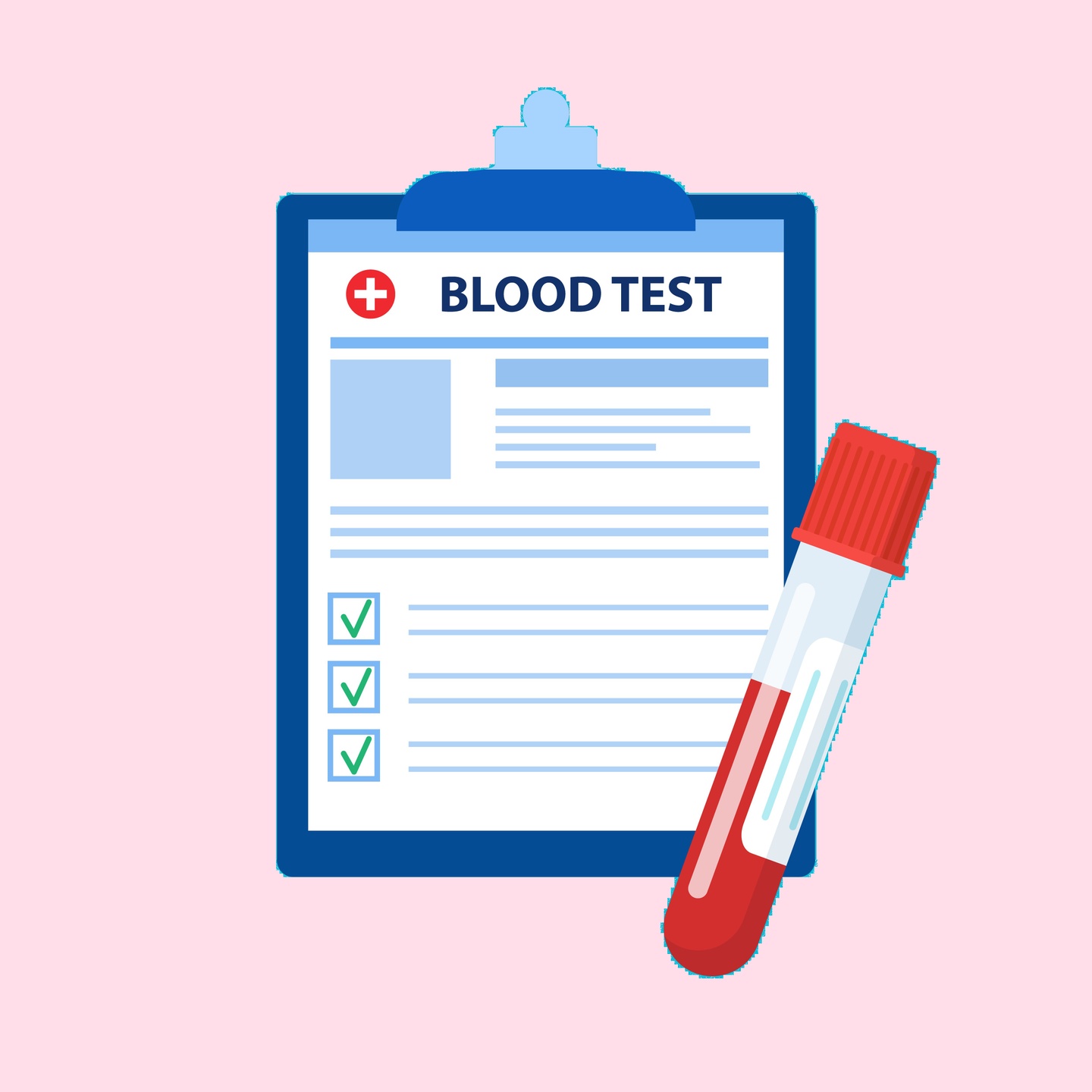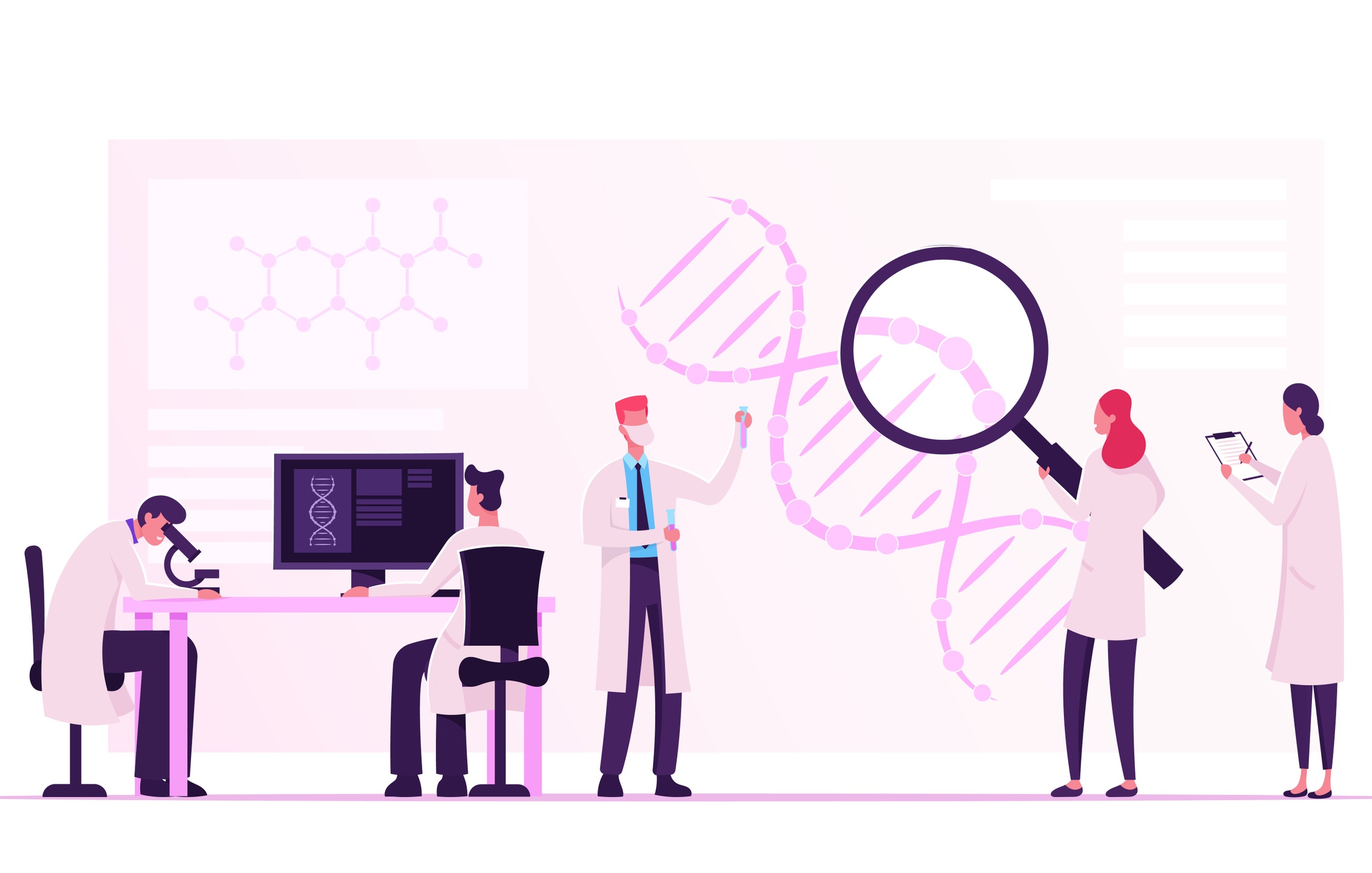How to Arrange for Genetic Testing
So, you want to get genetic testing done to see if you have any predispositions for cancer. Let's discuss how the process works.

Set it Up
Make an appointment with your provider, clinic, lab, hospital or doctor’s office. Let them know what your intentions are and what goals you hope to achieve from your results.

Get the Test
A blood and/or saliva sample will be retrieved and sent off to be tested. It may include multiple vials. Talk to your doctor about any necessary preparations you need to make ahead of time.

Wait for Results
Results can take several weeks to get back. Your doctor help you schedule an appointment to discuss your next steps, including setting up a time and date to meet with a genetics counselor to go over your results.
When You Receive Your Results
Receiving results from genetic testing can bring up many emotions, thoughts and feelings. Your doctor will be able to explain your risks as they relate to your results and recommend next steps, which may include screening routines, prophylactic measures and/or risk-reducing procedures.

Testing Negative
If you are tested for a known BRCA1 or BRCA2 gene mutation that runs in your family, a negative BRCA1 or BRCA2 test result may give you a sense of relief, since special screening, tests, or surgeries may not be needed. However, even if you test negative for a BRCA1 or BRCA2 gene mutation, you can still get breast or ovarian cancer. A genetics counselor can help you understand if you need further tests.

Testing Positive
A positive BRCA1 or BRCA2 test result helps you better understand your personal risk of getting breast and ovarian cancers better. You can make choices about what to do to reduce your risk and about what screening is right for you.
Source: The National Cancer Institute
Variables of Unknown Significance (VUS)
If you get you genetics report, it may include Variables of Unknown Significance (VUS). According to Cancer.org, VUS genes are a variation in a genetic sequence for which the association with disease risk is unclear. These are also called unclassified variant, variant of uncertain significance, and variant of unknown significance.
Your genetics counselor can provide you with more insight in regard to future screenings and prophylactic measures against VUS genes.




